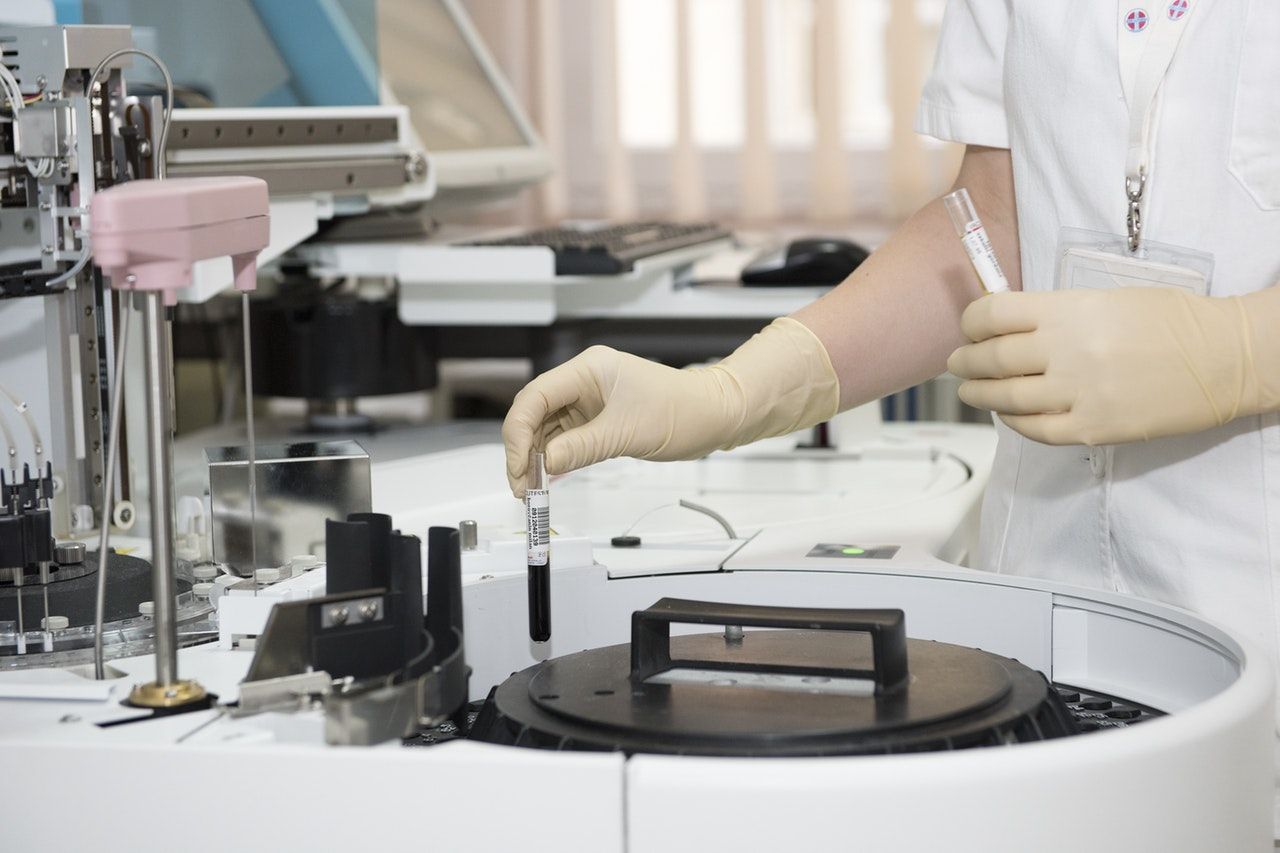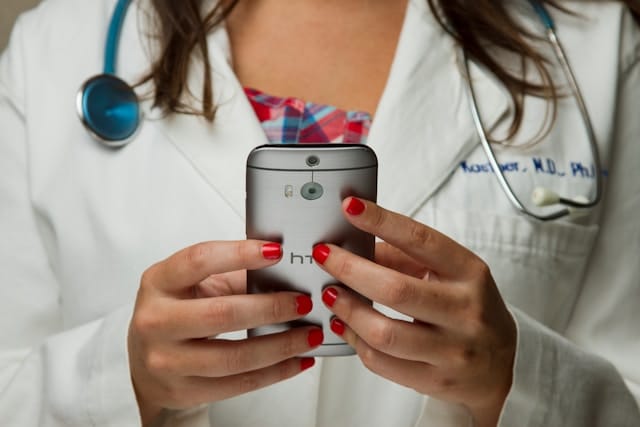How to Use Medical Laboratory Apps More Effectively: 4 Recommendations
In recent years, technology has transformed healthcare — from anesthetics and antibiotics to magnetic resonance. Technological advances in laboratory medicine have significantly improved clinical laboratory diagnostics and monitoring. The push for automation and optimization led to the creation of medical laboratory apps.
Medical laboratory apps are purpose-driven software applications designed for clinicians and patients, which have changed workflow and data access. Their purpose is to automate and digitalize health information for the benefit of all stakeholders and end users.
These tools must comply with various regulations in the healthcare industry, and they are usually integrated with healthcare systems. That’s why developing a medical laboratory app is a complex process, especially for early-stage companies. Consider MVP development for startups to have a version of an app for medical laboratories with the most important features to test your product with real users and get to the market quickly.
Let’s discuss the most effective apps for medical laboratories that help increase efficiency.
1. Explore Remote Monitoring Tools
In the past, labs relied heavily on physical documentation and local file storage. Remote monitoring tools enable labs and medical professionals to remotely monitor and manage systems and networks.
Healthcare providers can access patient data instantly, monitor samples, or track test sources. The security level of these apps must be top-notch as they transmit sensitive information. Compliance with regulations like HIPAA (for the USA), GDPR, or the DPA is required.
LabAlert
The LabAlert system provides an advanced mobile monitoring service to mitigate potential hazards and keep track of laboratory samples. It offers an effective solution for remote monitoring, which safeguards products and assets while freeing staff from tedious work, such as manual data collection.
The 24/7 monitoring system is designed for clinical sites, research labs, biorepositories, production, and pharmaceutical facilities. It provides access to data, notifications of operating parameter deviations, and secure data storage to protect valuable samples, products, and equipment.
2. Use Cloud-Based Storage Solutions
Locally hosted electronic health software and data are housed on server computers at a given location, such as a hospital. With this system, one can reduce reliance on the Internet for certain tasks.
However, this also means that performing regular data backups and keeping servers secure will be the sole responsibility of those in-house. Cloud technology is beneficial for the healthcare industry as it offers scalability, accessibility, and flexibility.
Cloud solutions provide remote access to data, enabling healthcare providers to collaborate and share patient information, regardless of location. Medical laboratory apps also have better inventory management systems.

An issue with cloud-based solutions is data security. However, the best cloud technology has features that help protect sensitive patient data: automatic backups, disaster recovery, data encryption, and security measures. Also, compliance with HIPAA and GDPR ensures that patients are protected.
Benchling
Benchling is a platform for conducting and optimizing biotechnology research and development. It has a cloud-based application that allows users to store and analyze scientific data. It also improves collaboration with others. Advanced analytics tools can provide valuable insights for managing massively complex experimental datasets.
3. Maximize Efficiency With Workflow Optimization Tools
The workflow has to be optimized to ease burnout, reduce errors, and distribute resources effectively. However, improving workflows across different platforms can be challenging. The right medical laboratory apps can help to boost practice efficiency in the following ways:
- Data integration. Ensuring smooth data flow and avoiding information silos requires careful planning and configuration.
- Resource allocation. Move effective means of allocating, order processing, and managing resources.
Thermo Fisher Scientific's SampleManager
Thermo Scientific SampleManager LIMS Software is a complete lab, data, and process management informatics solution. LIMS stands for Laboratory Information Management System. It is one of the most widely deployed LIMS in the world thanks to its core features:
- ELN Support. Supports and facilitates integration with electronic lab notebooks (ELN) for data tracking.
- Instrument Management. Tracks location and usage of lab equipment and keeps a record of instrument maintenance dates.
- Workflow Management. Automates and optimizes workflows and tasks, minimizes human error, and simplifies communication.
- Billing Management. Supports label printing for shipping, invoices/samples review, and other fiscal responsibilities of a laboratory.
It also supports various process development, manufacturing quality assurance (QA), and quality control (QC) processes.
4. Leverage Data Analytics for Informed Decision-Making
Data is said to be the next raw material in several industries. It already plays a massive role in modern healthcare. Scientists and healthcare professionals rely on data to make life-altering decisions and draw conclusions. Data integrity and compliance are crucial, so staff should follow standard protocols and laws regarding data collection, storage, and analysis.
It can be challenging, particularly when done manually or with older technology. There can be
discrepancies in these processes due to human error, compromising the accuracy and reliability of the results. However, having the right medical laboratory apps can help ensure that data is safeguarded and utilized to the fullest potential.
SeraCare
SeraCare offers precision medicine in research and development. Their innovative tools and technologies ensure diagnostic assays' safe, effective, and accurate performance. They also establish a framework for regulating, compiling, and interpreting data from precision diagnostics. SeraCare leverages data analysis for informed decision-making as they pioneer infectious disease assay tools, immunoassay reagents, assay developer OEM solutions, and NGS reference standards.
Conclusion
Leveraging technology to improve clinical diagnostics and patient care is inevitable these days. Remote monitoring tools, cloud-based storage solutions, workflow management apps, and data analytics software are just some of the examples of how technology is revolutionizing healthcare and medicine. Innovations foster a greater understanding of patient health and enhance patient care. Neglecting them means falling behind the competition.



